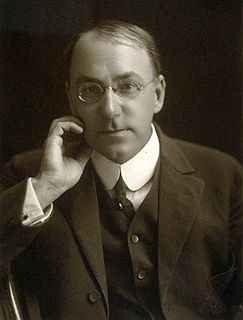A Quote by George R. R. Martin
You always try to do your own thing. One of the things I wanted to do was to write a book that combines some of the best traits of contemporary fantasy with some of the traits of the historical novel.
Related Quotes
I'm not entirely sure what a historical novel absolutely has to be, but you don't want a reader who loves a very traditional historical novel to go in with the expectation that this is going to deliver the same kind of reading experience. I think what's contemporary about my book has something to do with how condensed things are.
I had noticed that many of these successful people, historical and contemporary, shared certain common traits. They had a way of thinking that was exceptionally fluid; they could adapt to almost any circumstance; when confronted with problems, they could look at them from novel perspectives and solve them.
Bunsen' is one of the best things I've been able to do. I'm so excited about it. Not only because of the awesome characters, but because of the incredible writing our team is doing. I think it combines the best traits of all my previous stuff and even adds a bit of extra weirdness here and there too.
He looked at her. She was pretty still, with thick hair and soft eyes, and she moved so gracefully that it almost seemed as though she were gliding. He'd seen beautiful women before, though, women who caught his eye, but to his mind, they usually lacked the traits he found most desirable. Traits like intelligence, confidence, strength of spirit, passion, traits that inspired others to greatness, traits he aspired to himself.
When two plants, constantly different in one or several traits, are crossed, the traits they have in common are transmitted unchanged to the hybrids and their progeny, as numerous experiments have proven; a pair of differing traits, on the other hand, are united in the hybrid to form a new trait, which usually is subject to changes in the hybrids' progeny.
I do like the idea of the novel of repressed college students being a contemporary novel of courtship! I guess what I would say to that is, we tend to think of historical periods and historical mores as ending a lot more concretely than they do. Like, in an Austen novel, there are lots of reasons - cultural, moral, religious - why the characters don't have sex during courtship. Maybe, even though those reasons have kind of expired, historically, they're still around in some sense.






































